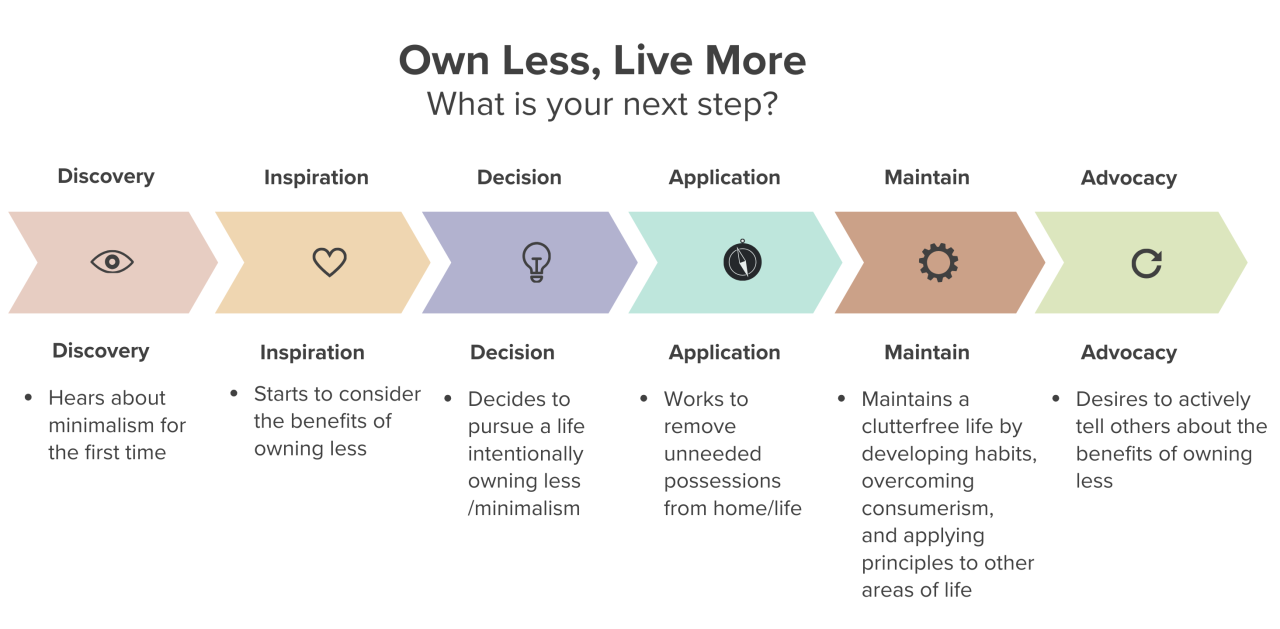
In a world overwhelmed by consumerism and excess, minimalism emerges as a powerful antidote—one that not only declutters our physical spaces but also enhances financial freedom, mental clarity, and overall well-being. The philosophy of “less is more” isn’t just about owning fewer possessions; it’s a strategic approach to life that can lead to greater earnings, both monetarily and emotionally. This comprehensive guide explores how adopting minimalist principles can help you earn more by spending less, streamline your life, and achieve sustainable success.
A. The Core Principles of Minimalism
Minimalism is built on intentionality, purpose, and the elimination of excess.
Key Tenets:
-
Intentional Living – Only keep what adds value to your life.
-
Quality Over Quantity – Invest in fewer, high-quality items.
-
Mindful Consumption – Avoid impulse purchases and unnecessary spending.
Why It Works:
-
Reduces decision fatigue.
-
Lowers financial waste.
-
Increases appreciation for what you own.
B. Financial Benefits of Minimalism
Spending less doesn’t mean sacrificing quality—it means optimizing value.
How Minimalism Boosts Earnings:
-
Lower Expenses – Fewer purchases mean more savings.
-
Debt Reduction – Avoid credit card traps by buying only essentials.
-
Higher ROI on Purchases – Invest in durable goods that last longer.
Case Study:
-
The average American spends over $1,200/year on unused subscriptions. Minimalism cuts such waste.
C. Minimalism in Business: Lean and Profitable
Companies like Apple and Google thrive on minimalist principles.
Business Applications:
-
Streamlined Operations – Remove redundancies for efficiency.
-
Clear Branding – Simple messaging resonates better (e.g., Nike’s “Just Do It”).
-
Sustainable Growth – Focus on core products/services.
Example:
-
Startups that adopt lean methodologies reduce overhead costs by 30-50%.
D. Digital Minimalism for Productivity
A cluttered digital life drains focus and time—two critical resources.
Steps to Declutter Digitally:
-
Unsubscribe & Unfollow – Keep only essential emails/social accounts.
-
Use Fewer Apps – Stick to 2-3 productivity tools instead of 10.
-
Automate Tasks – Reduce manual work with AI tools.
Stat:
-
Employees waste 2.1 hours/day on digital distractions (Asana report).
E. Minimalist Investing: Smarter Portfolio Strategies
Warren Buffett’s #1 rule: “Never lose money.” Minimalism aligns with this.
Investment Tips:
-
Focus on Index Funds – Diversify without overcomplicating.
-
Avoid Over-Trading – Fewer transactions mean lower fees.
-
Long-Term Holdings – Buy and hold quality stocks (e.g., S&P 500).
Data Point:
-
The average investor underperforms the market by 1.5% due to overtrading (Dalbar study).
F. Minimalist Marketing: Less Noise, More Conversions
Modern consumers crave simplicity in messaging.
Marketing Wins:
-
Clear CTAs – Single, compelling calls-to-action outperform cluttered ads.
-
Visual Simplicity – Apple’s white-space-heavy designs convert better.
-
Personalization – Targeted > Generic.
Example:
-
Dropbox increased conversions by 10% by simplifying its homepage.
G. Minimalist Home Design for Financial Freedom
A smaller, intentional space = lower costs + higher satisfaction.
How to Downsize:
-
The 90/90 Rule – If you haven’t used it in 90 days, discard/donate.
-
Multifunctional Furniture – Saves space and money.
-
Rent Out Extra Space – Monetize unused rooms (Airbnb, storage).
Savings Breakdown:
-
Downsizing from 2,000 to 1,000 sq. ft. can save $10,000+/year.
H. Minimalist Mindset for Career Growth
Focusing on fewer goals yields better results than multitasking.
Career Strategies:
-
Deep Work – Master one skill instead of dabbling in many.
-
Strategic Networking – Cultivate 5 key relationships vs. 500 LinkedIn contacts.
-
Say No Often – Protect time for high-value projects.
Research:
-
Top performers focus 4+ hours/day on priority tasks (Cal Newport).
I. Minimalist Travel: Explore More, Spend Less
Travel hacking meets intentional experiences.
Budget-Friendly Tips:
-
One-Bag Travel – Avoid checked luggage fees ($50+/trip).
-
Slow Travel – Stay longer in fewer places for lower nightly rates.
-
Reward Points – Use credit card miles for free flights.
Savings Example:
-
A family of 4 can save $3,000/year by packing light and using points.
J. The Long-Term Wealth Impact of Minimalism
Compound savings + focused earnings = financial independence.
Projected Outcomes:
-
Early Retirement – Save 50%+ of income by cutting frivolous spending.
-
Lower Stress – 78% of minimalists report reduced financial anxiety.
-
Legacy Building – More resources to invest/pass on.
Case Study:
-
Mr. Money Mustache retired at 30 via extreme minimalism + frugality.
Conclusion
Minimalism isn’t deprivation—it’s strategic optimization. By owning less, you free up resources (money, time, energy) to earn more where it matters. Whether applied to finances, business, or lifestyle, “less” truly equates to “more” in long-term wealth and fulfillment. Start small: audit one area of excess today and reinvest the savings toward your goals.
Tags: minimalism, financial freedom, frugal living, decluttering, lean business, digital detox, intentional living, savings tips, investment strategies, productivity hacks


















